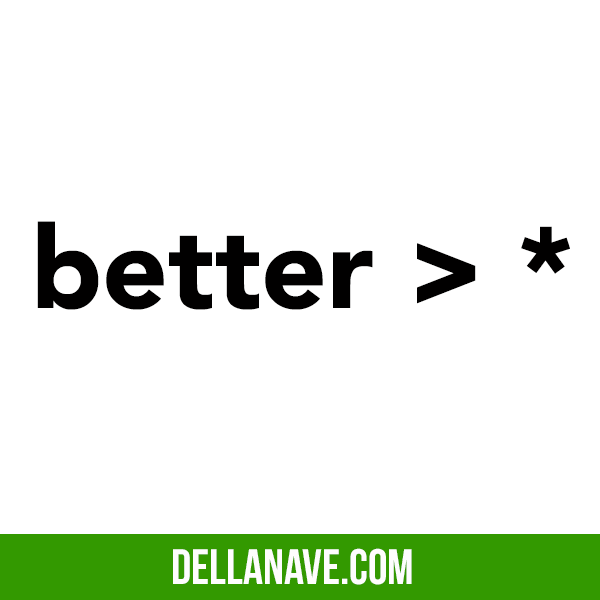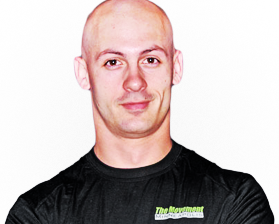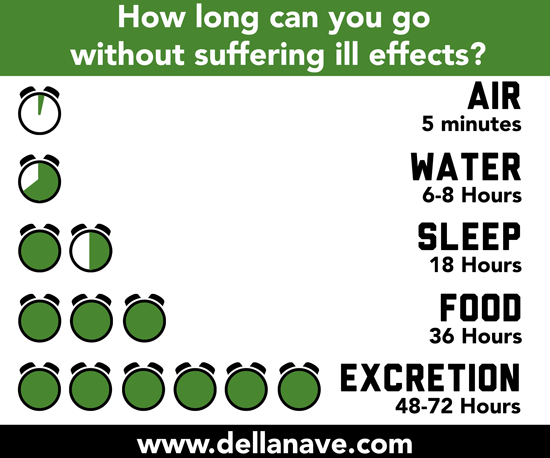
I see them almost every day. Articles with titles like “10 Reasons You’re Not Fit Yet”, “If You Want to Be Fit, Do These Things” , and “The Surprising Reason You Aren’t Fit”.
Fitness as an objective state of being does not exist. It’s not a thing. It’s not real. There’s your surprising reason.
No matter where you start and no matter what you do there is not a situation in which you wake up from one day to the next, look in the mirror or jump on the scale or go for a run and go “I did it. I am fit.” My friend and comedian Joe Larson does this little bit where he talks about the gym not working because he keeps going and he never gets fit.
Fitness enthusiasts and people who work in this space love to have discussions and arguments on Facebook complete with lots of hand-wringing and responses formed in such a way that you can tell the author is pretty sure they’ve made their argument so eloquently that they’ve finally found the perfect way to define it.
But it doesn’t mean anything. I can give you some arbitrary definitions, like being able to deadlift twice your body weight, do a few pull-ups, run 3 miles in under 30 minutes and then I can promptly find someone who I would consider “fit” who can’t do one or more of those things. I could then abstract it totally away from exercise movements and say something like you’re fit if you can go for a several-hours-long hike without getting winded or carry a couch up a flight of stairs but it would still be arbitrary and ultimately meaningless.
Which wouldn’t be such a big problem if the idea of “achieving” fitness wasn’t sold as such an objective end point. Something you can succeed or fail at and once you’ve achieved it somehow things change for you. It becomes a thing that some have and other’s don’t. I don’t want that for anybody.
Time For A Language Change
I’ve written several times before about how changing the language you use can change your frame of reference and frame of mind. Here’s another one for you:
Out with fitness, in with better.
You’re only one day away from better.
When you make the pursuit of better your goal, instead of the pursuit of “fitness” then you are winning every single day. Every workout, every lift, everything you do that moves you forward and makes you better.
In changing the entire frame of the conversation to being about better you do away with the idea that fitness is a video game to be beaten by mastering all the levels and defeating the end boss to rescue the princess. You just get better, you get more capable, you get to do more things with more ease. And you never have to wonder if you’ve arrived yet.
Why Does This Even Matter?
Because this matters so much more than most of the stuff we spill gallons of digital ink on in the fitness and training world. Beyond covering the absolute basics of doing productive exercises and making it progressively harder your actual sets and reps don’t matter that much, the minutia of your program probably doesn’t matter, the movements you choose don’t make much difference, it doesn’t matter if you combine your lifting with your cardio, and so on and so forth ad infinitum. It’s all splitting hairs.
But the fact that humans need movement and to be physically challenged is not up for debate.
What matters is whether or not you’ll actually make the effort on a regular basis to challenge yourself physically with some kind of stimulus. And what will have the most profound impact on whether or not you do that is your frame of mind towards it, therefore the language you use to talk and think about it.


